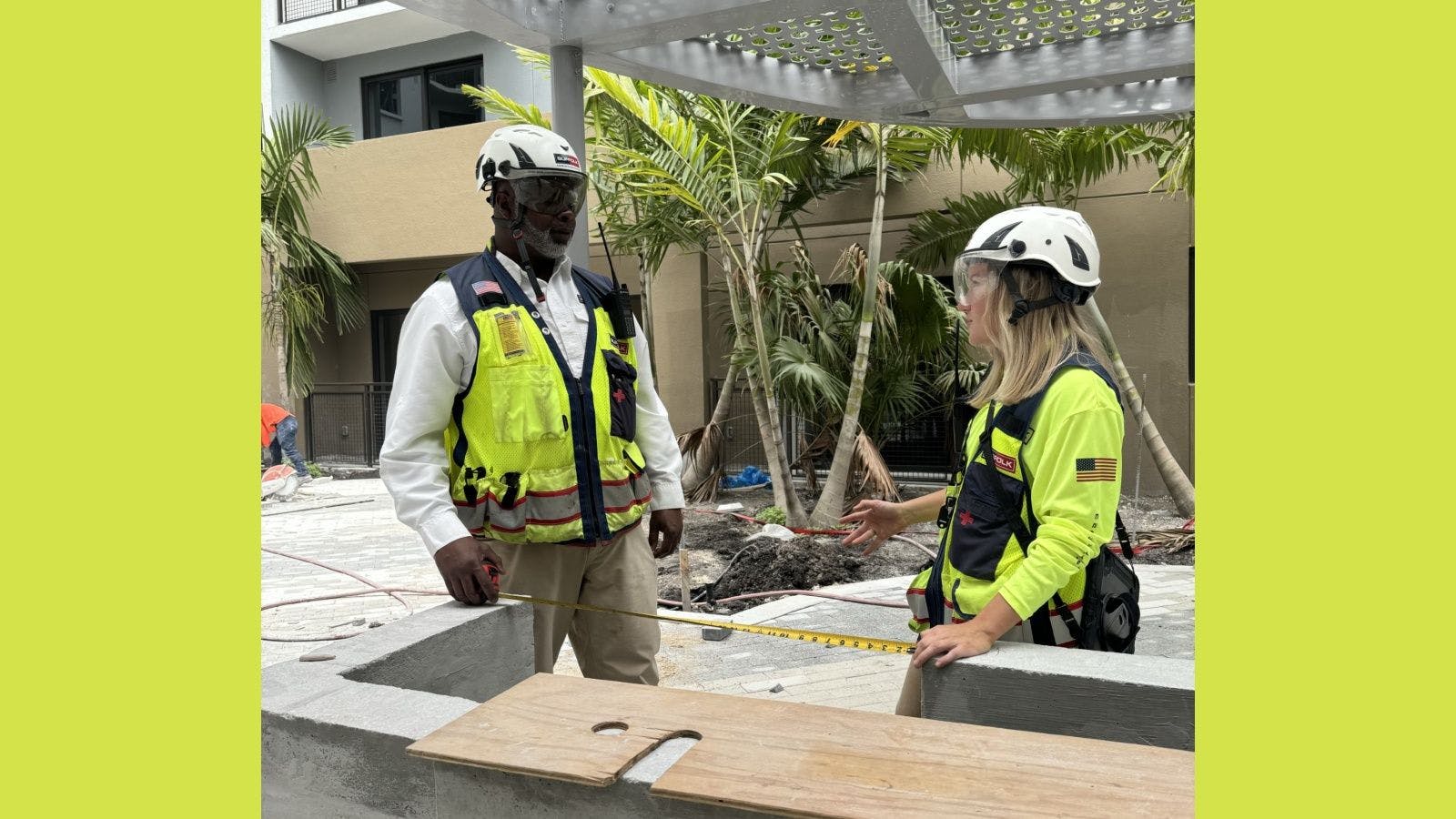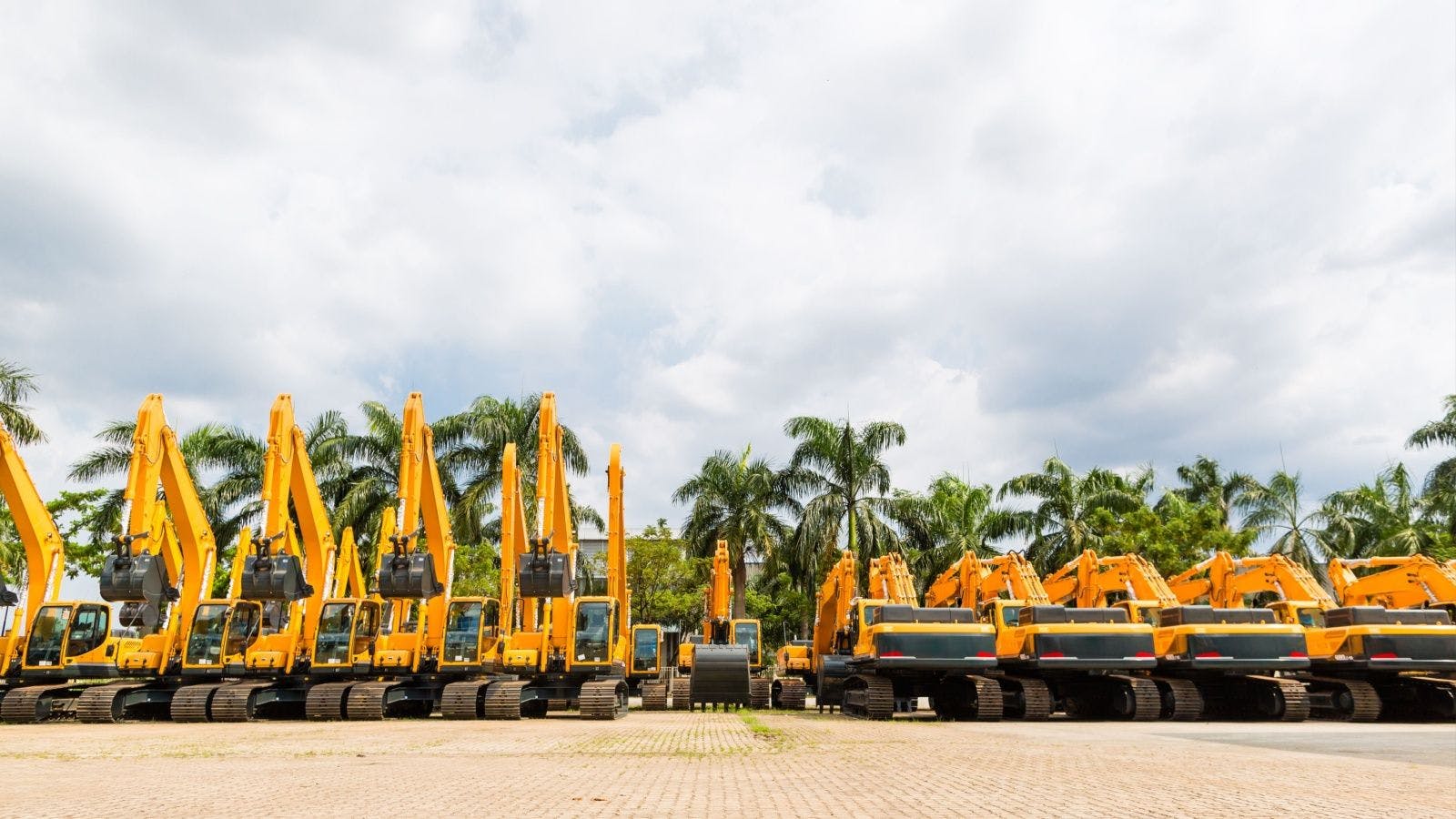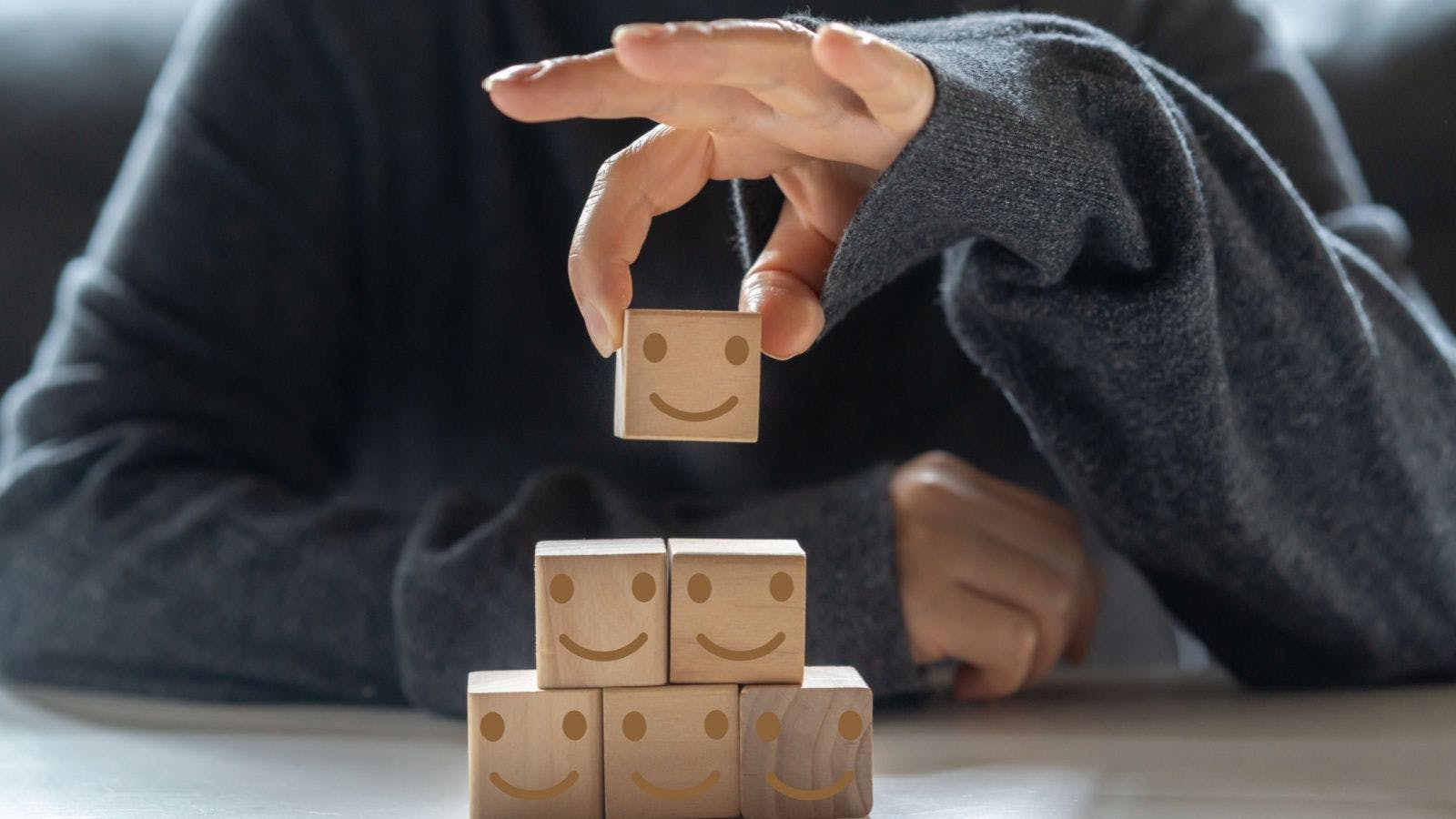
Seven Ways to Become a More Mindful Construction Leader
Construction leaders juggle many responsibilities and demands daily. Thinking about projects, estimates, safety, employee retention, supply-chain issues and client demands can be a source of significant stress. Dealing with a multitude of issues and challenges can be anxiety provoking. However, practicing mindfulness can help construction leaders stay centered and focused while reducing stress, even amid chaos.
Mindfulness is the practice of being fully present and engaged in the current moment, without judgment. This means being aware of thoughts, feelings and surroundings, as well as the needs of others. Mindfulness has become a practice that encourages the cultivation of focus, tranquility and stress reduction. By cultivating mindfulness, construction leaders can become more effective in their roles and encourage more productivity, safety and wellness on and off the jobsite.
Research has shown that mindfulness is a proven method for reducing stress at the office, in the field and at home. Becoming more mindful can be cultivated in simple ways, and here are a few tips for construction leaders to incorporate mindfulness into their daily routine.
1. Begin the day with a mindfulness practice. Before diving into work, leaders should take a few moments to center themselves. They can try a short meditation, breathing exercises or simply taking a few deep breaths while focusing on the present moment.
2. Practice active listening. When leaders are in meetings or having conversations with colleagues, they should be fully present and engaged. This means putting devices aways and avoiding multitasking or allowing their mind to wander. Instead, focus on actively listening to what others are saying and responding in a thoughtful and intentional way. This also applies to virtual meetings.
3. Take breaks throughout the day. Powering through work without taking breaks can be tempting, but this can lead to decreased productivity and increased stress. Instead, take short breaks throughout the day to stay focused and energized. Consider taking a walk, going to the gym to do some stretches or simply stepping away from the computer and standing for a few minutes.
4. Practice self-compassion. Executives may hold themselves to high standards and tend to be self-critical. However, practicing meditation and self-compassion can help them be kinder and more understanding to themselves and more empathetic to others. This can lead to increased resilience and decreased stress and anxiety.
5. Be intentional about meditation. Set time each day for meditation and reflection. Being intentional about meditation means approaching the practice with purpose and focus, rather than simply going through the motions. Meditation should include clear intentions, a dedicated space and a dedicated time, which can be as brief as 10 or 15 minutes. Consider guided mediations or a meditation app to get started. The practice of meditation helps people see things more clearly and encourages growth.
6. Cultivate a culture of mindfulness in the organization. Lead by example to encourage colleagues to practice mindfulness. Consider incorporating mindfulness practices into team meetings or offering mindfulness training for employees.
7. Take it home. Mindfulness shouldn’t stop when construction leaders leave the office or jobsite. Being present and mindful with family is even more important. Practice active listening, gratitude, being present and showing empathy with family. Most importantly, leaders should set boundaries around their time and energy and leave work at the office or jobsite.
The goal of mindfulness isn’t to stop thinking, but rather to pay close attention to thoughts, emotions and sensations. By being intentional and incorporating mindfulness into the daily routine, construction leaders can become more effective, engaged and compassionate members of their businesses and families. They will find they are better able to manage stress and anxiety while maintaining a sense of balance in their lives.
Related stories








